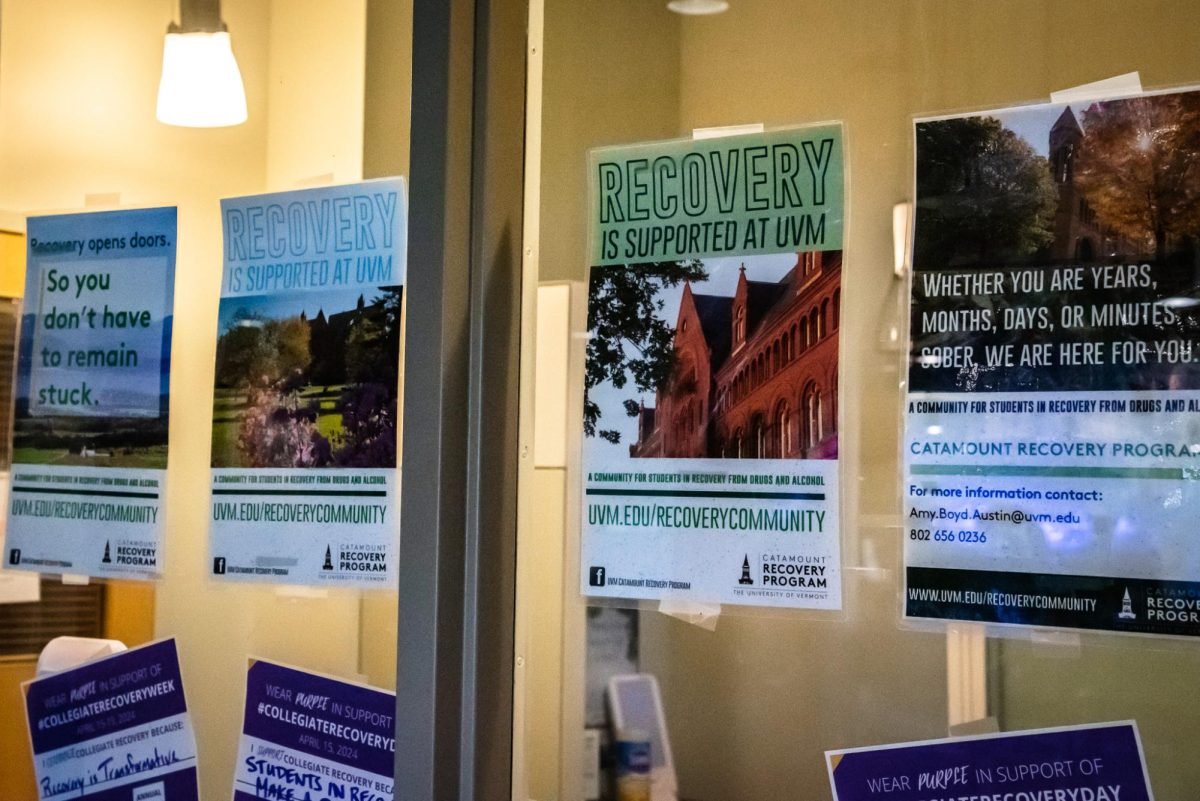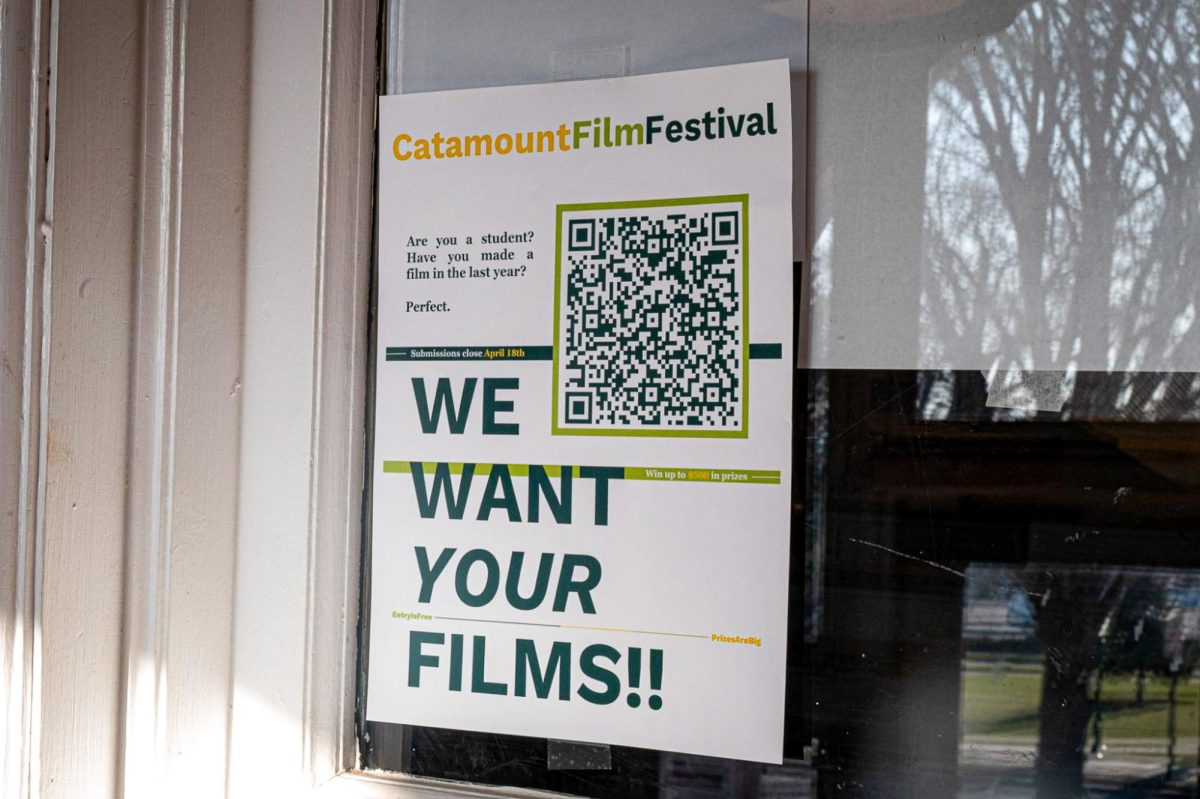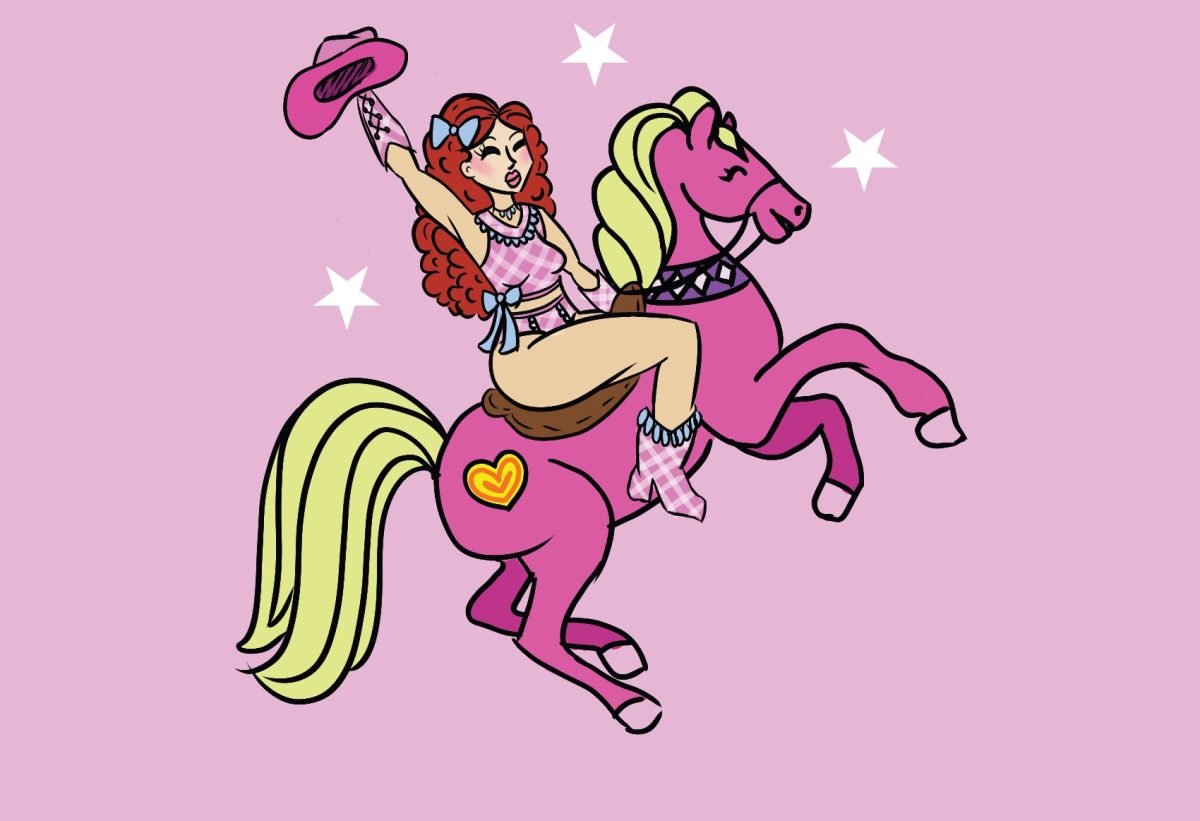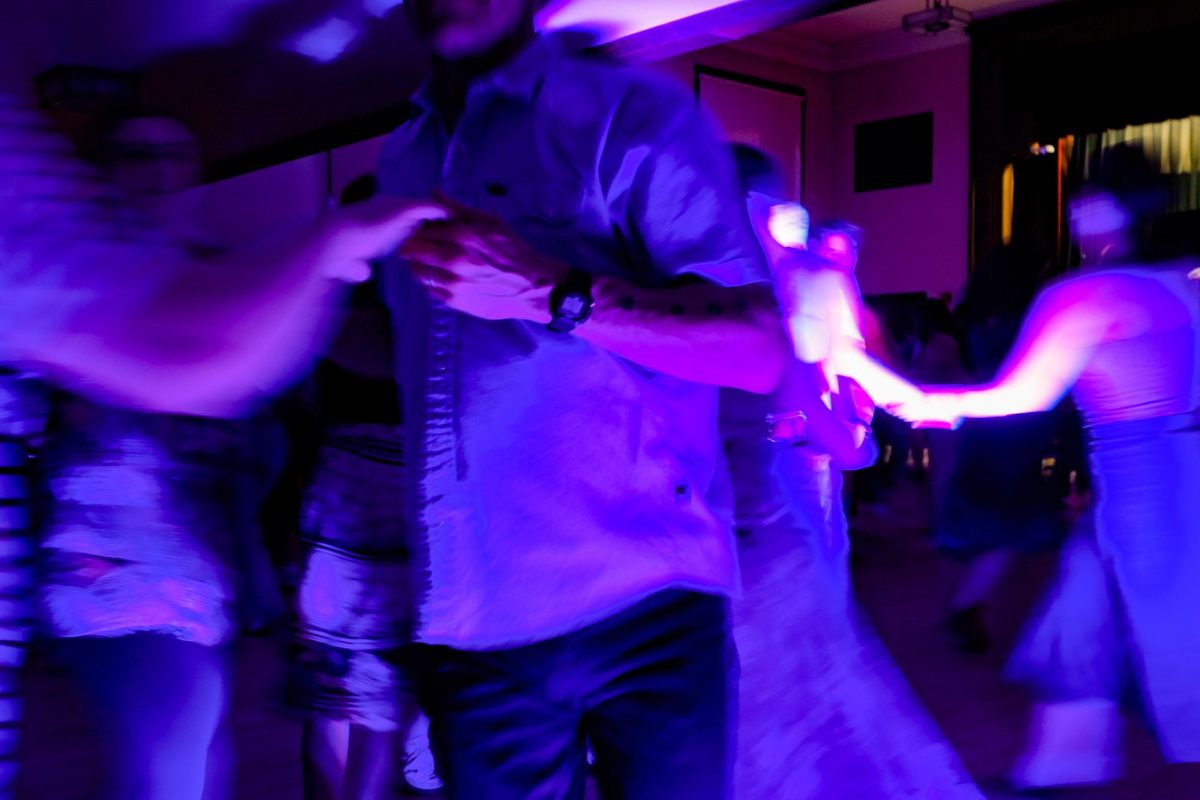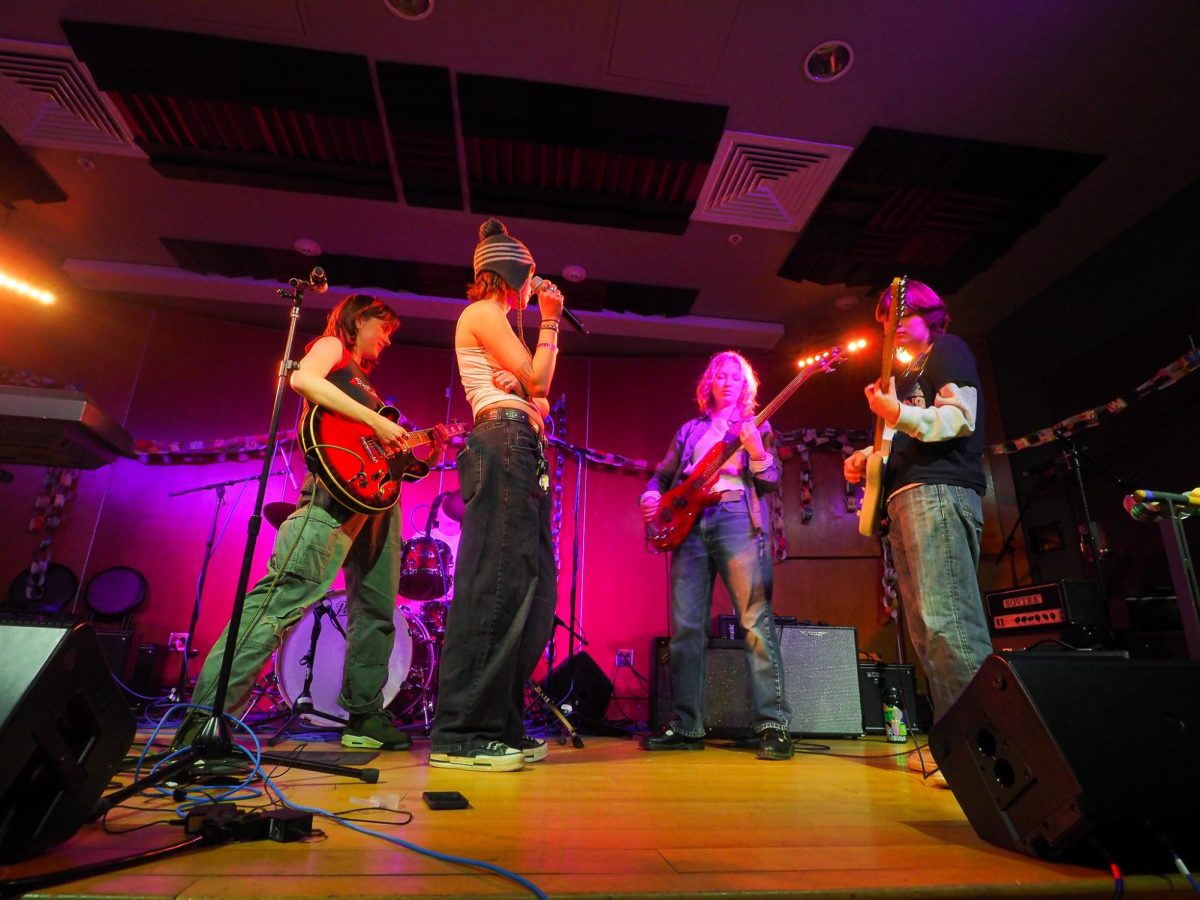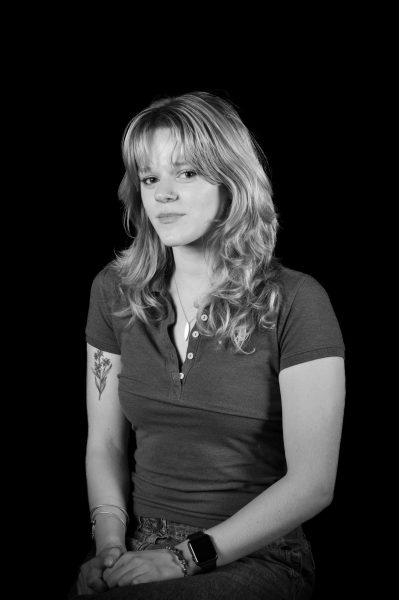An understanding of UVM’s culture around drug and alcohol use would be incomplete without the perspectives of students who are in recovery and the program that supports them.
UVM’s Catamount Recovery Program, founded and directed by Amy Boyd Austin, is a community on campus whose work has been supporting students seeking recovery from substance use since 2010.
“I would say that 95% of our students engage in a program that is abstinence from substances,” Boyd Austin said. “But a few engage in harm reduction, so they have really shifted their relationship with substances.”
The idea that college is a place to use drugs and alcohol, sometimes in excess, is reinforced by stereotypes portrayed in the media, as well as by what is readily noticeable around dorms and social gatherings, said Boyd Austin.
“People not doing something are not visible,” Boyd Austin said. “I’ve had so many people come to me and say I’m the only one who doesn’t smoke in my hall, and I say that it’s not true, but it is much harder to find your people.”
According to a peer-reviewed study from 2019, the majority of college students overestimate how much heavy drinking their peers do. These preconceived notions of what it looks like to be and have fun in college can be isolating for many students.
“I think people come to school thinking that that’s what you’re supposed to do and, if you’re not part of that crowd, you feel different,” said Boyd Austin.
For those among us who struggle to use certain substances in a healthy way, that narrative can be particularly detrimental.
“It stopped me from getting help a lot earlier,” said Elsa, a student in recovery. “I felt like I was the only one who was struggling.”
Elsa found out about the CRP when she saw a poster hanging in the Davis Center and decided to email Body-Austin because she knew she needed more support, she said.
Upon entering the CRP space, it became clear to Elsa that she was far from alone.
“Going into the school recovery program, I assumed people would be different from me, that there would be some barrier to me connecting, but that did not turn out to be true. I connected with like every single person there,” said Elsa.
Being in recovery is a transformational experience, and people in recovery are some of the most interesting, generous and courageous individuals out there, said Boyd Austin.
“Recovery is not only recovering from the physical effects of drug use but also the way you walk around in the world,” said Elsa. “I am recovering parts of myself that I hid deep down, able to bring them into the light and engage in the world.”
Rex, a junior who is also in recovery, explained how he discovered the CRP community when he reached out to the Center for Health and Wellbeing two years ago.
“I had a moment of clarity and finally told someone what was going on […] I was given some information and an appointment to talk with the director of CRP,” said Rex.
There are a wide range of reasons why people are in the CRP, and recovery can look many different ways, he said.
Rex described the personal changes he experienced in his life after being in recovery as night and day.
“Everything’s changed,” he said. “I feel better than I’ve ever felt, in every respect. My relationships are richer, I’m honest with my family and loved ones, I can do well in school today, be proud of my accomplishments and actually feel driven.”
Since substance use is so normalized, forming authentic connections can be especially difficult for students who want or need to opt out of it, so the CRP, with its social, emotional and educational support, is there for them, said Boyd Austin.
“Connection is the greatest thing in life,” said Rex. “The depth of my honesty in a relationship dictates how deep that connection can be, and it is those connections that keep me accountable, from doing things that are unhealthy for me.”
As we move about campus, it is important to recognize the community of students who actively choose to abstain from using substances.
“We are here, and we are not that different,” said Elsa. “[Being in recovery] is hard, but you can still have a fulfilling and joyful college experience.”


